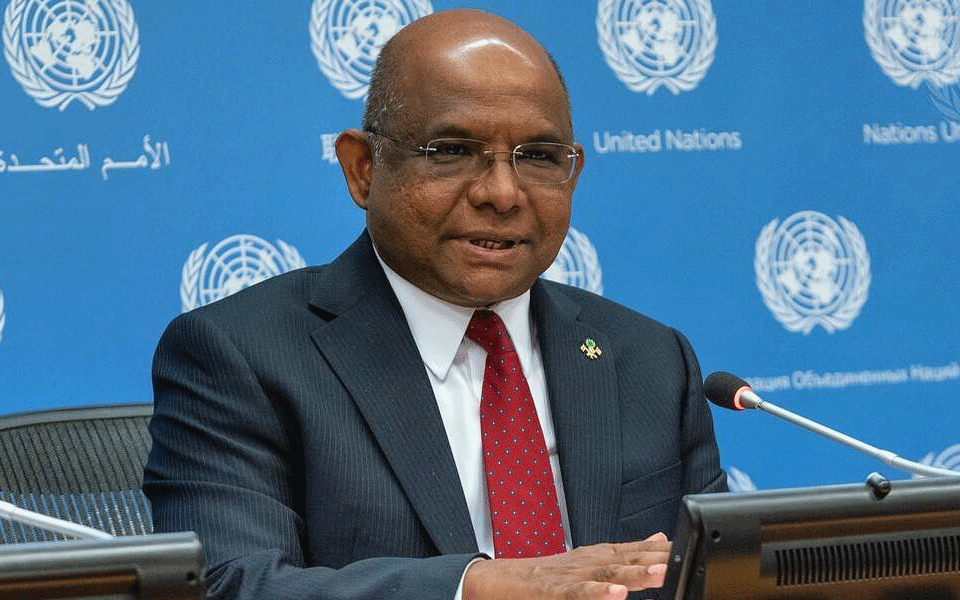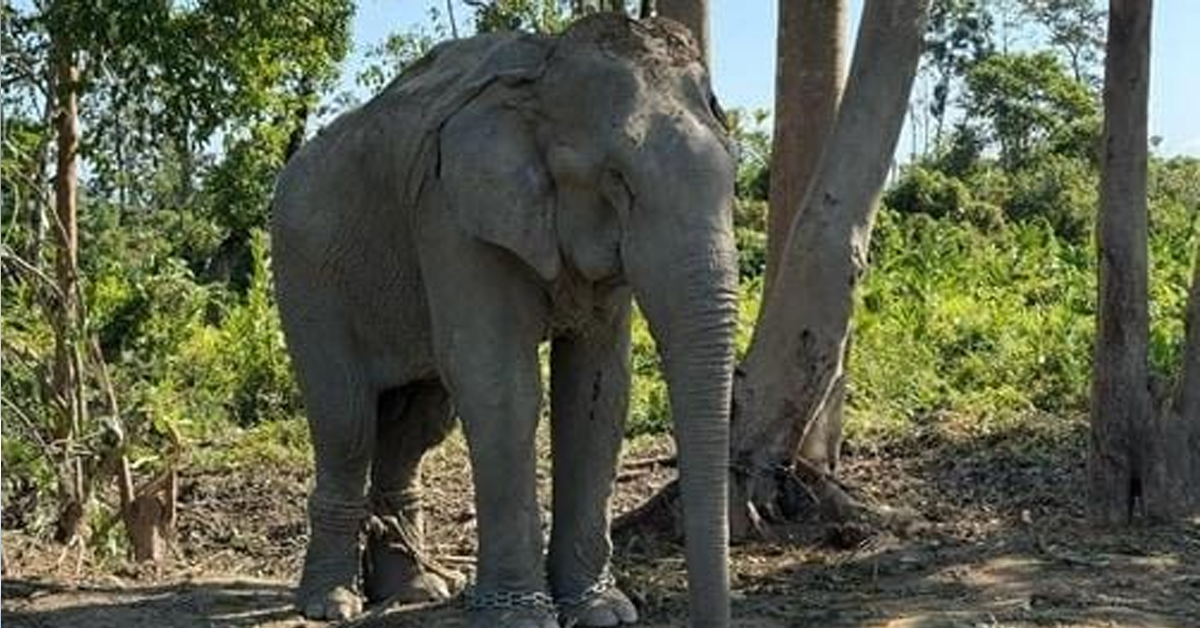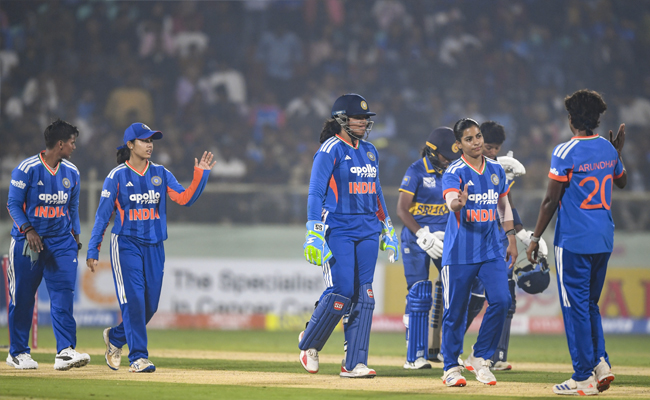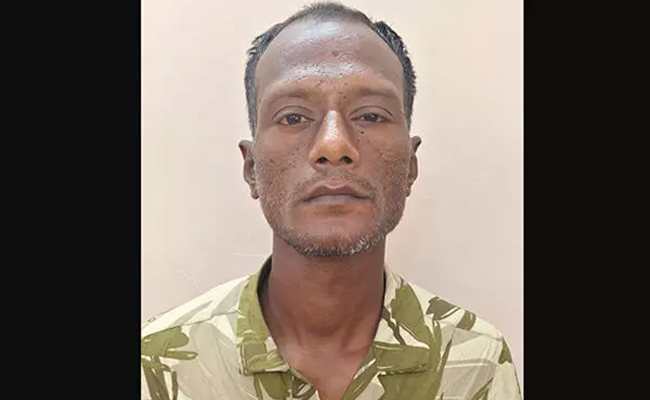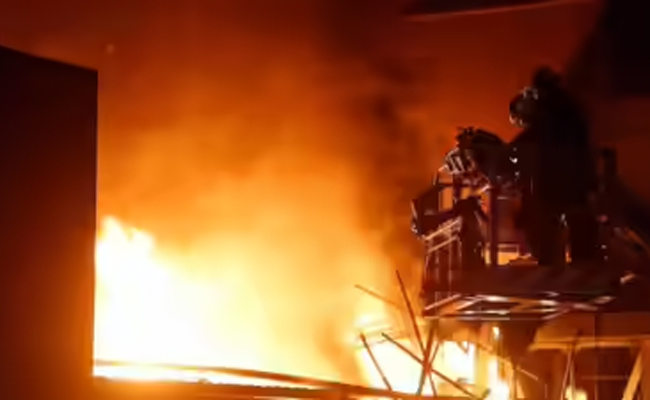United Nations(PTI): President of the 76th session of the UN General Assembly Abdulla Shahid has said he had received the two doses of the Covishield vaccine manufactured in India, as have a large portion of other countries around the world.
The Covishield vaccine, which has been developed by British-Swedish pharmaceutical company AstraZeneca, is manufactured in India by Pune-based Serum Institute of India.
"On vaccines, that's a very technical question you have asked me. I got Covishield from India, I've got the two doses. I don't know how many countries would say that Covishield is acceptable or not, but a large portion of the countries have got Covishield, Shahid said at his first press conference here on Friday.
He was responding to a question on whether any COVID vaccine should be recognised and considered or the ones that have been validated by the World Health Organisation or any other group.
And I've survived. But let someone else, a medical person make that call, not me, he added with a laugh.
India has exported over 66 million vaccine doses to nearly 100 countries through grants, commercial shipments and the COVAX facility. The Maldives, home country of Shahid, was among the first nations to receive the India-made vaccines in January when 100,000 doses of Covishield were dispatched to Male.
In all, the Maldives has received a total of 3.12 lakh doses of Made-in-India Covid vaccines through grants, commercial shipments and the COVAX facility.
The UK had initially refused to recognise Covishield, manufactured by the Serum Institute of India. However, following India's strong criticism of the decision, the UK on September 22 amended its new guidelines and included the vaccine.
However, the move did not provide any relief from quarantine rules for Indian travellers vaccinated with two doses of Covishield. Later, British officials said the UK has issues with India's vaccine certification process and not with the Covishield vaccine.
Under the new British rules that are coming into effect from Monday, fully vaccinated Indians will have to undergo 10-day quarantine as the UK has issues with India's Covid-19 vaccine certification.
India has decided to impose reciprocal curbs against all British nationals arriving in the country, official sources in New Delhi said on Friday, as the contentious issue relating to the UK not recognising Indian vaccine certificates could not be resolved despite holding a series of technical-level talks.
Shahid, who plans to convene a high-level meeting of the General Assembly in January to take stock of the global vaccination effort and equity, said the messages that he had received so far on vaccines in listening to world leaders at the General Debate, has been most positive from the United States, from China, from India, from many, many corners of the world, from the vaccine producers themselves
And I intend to utilise the convening power of the President of the General Assembly to bring all of them together in January, and my desire is to make sure that we all come out of the January meeting with a much more optimistic timeline where hereby we will be able to vaccinate the entire world by end of 2022, he said.
Let the Truth be known. If you read VB and like VB, please be a VB Supporter and Help us deliver the Truth to one and all.
Pilibhit (PTI): A 19-day-old elephant calf, brought from Bijnor, was placed under care at the Pilibhit Tiger Reserve (PTR) on Sunday, an official said and added that the calf got separated from its mother in the forest area of Bijnor.
The calf was born on December 2 in the Bijnor forest area and got separated from its mother shortly after birth, the official said.
The forest department made several attempts to reunite it with its mother, but without any success. To ensure the calf's safety and better care, it was decided to transfer it to the Pilibhit Tiger Reserve on the instructions of senior officials.
On Saturday, Deputy Director Manish Singh received the calf. Special arrangements have been made in the reserve for its care. It has been kept in a safe and clean environment to provide it with a natural setting and protect it from external noise and disturbances.
Singh told reporters that raising an 19-day-old calf is challenging.
It requires a special diet as a substitute for mother's milk and constant monitoring.
He said a special team has been formed to provide 24-hour care. Since the calf is very young, it is being cared for like a newborn baby.
According to Singh, the primary responsibility for monitoring the calf's health has been entrusted to PTR's veterinarian, Dr Daksh Gangwar. Under his supervision, a complete record of the calf's health checkups, diet, and body temperature is being maintained. The team is ensuring that the calf does not contract any infection.

